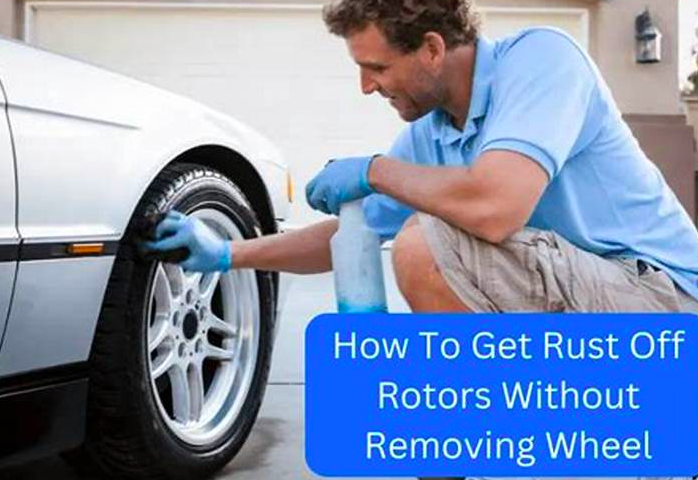Your car battery is the heart of your vehicle’s electrical system. Here’s everything you should know before swapping it out!
1. Know the Signs of a Failing Battery
Before you even get to car battery replacement, you need to recognize when it’s time. Watch for:
- Slow engine crank
- Dim headlights
- Dashboard warning lights
- Electrical issues
These are your vehicle’s SOS signals telling you the battery might be on its last legs.
2. Car Batteries Don’t Last Forever
Most car batteries last between 3 to 5 years. If yours is getting close to that age, consider getting it tested or proactively replaced. Check out Maintenance Tips for advice on keeping your battery in top shape.
3. Not All Car Batteries Are Created Equal
Batteries come in various sizes and types. Make sure you get the right one for your make and model. Your mechanic or parts store can help you match it up. Ryan Automotive can also assist with battery-related services and diagnostics.
4. Temperature Affects Battery Life
Extreme heat or cold can shorten your battery’s life. Hot climates evaporate battery fluid, while freezing weather slows chemical reactions. Learn more about how weather impacts common auto issues.
5. You Might Just Need a Jump Start
Sometimes a dead battery is just drained, not dead. Try a jump start first. If your car restarts and runs normally, you might not need a full replacement—just a recharge.
6. Disconnecting a Battery Takes Precaution
Always disconnect the negative terminal first and reconnect it last when removing or installing a battery. This prevents short circuits or damaging other components.
7. You May Need to Reset Electronics
Modern vehicles store a lot of data in their electronics. After a battery replacement, you might lose settings like radio presets, seat positions, or even engine idle settings.
8. Proper Disposal Is a Must
Car batteries contain lead and acid. Never toss one in the trash. Most auto parts stores and service centers will recycle them for free. See your local mechanic for help with responsible disposal.
9. It Could Be More Than Just the Battery
If your new battery also dies quickly, you might be facing an alternator issue or a parasitic drain. These problems can be diagnosed at a collision center or body shop equipped with electrical testing tools.
10. Maintenance Matters
Even if your battery is brand-new, maintenance keeps it alive longer. Clean corrosion off the terminals, check the hold-down bracket, and keep it charged. Find easy maintenance tips on the Ryan Automotive blog.
Final Thoughts
Knowing these ten tips can save you time, money, and headaches when it comes to car battery replacement. Keep an eye on the signs, pick the right battery, and take good care of it. And when in doubt, trust your local pros at Ryan Automotive for all your auto needs.
FAQs
- How often should I replace my car battery?
- About every 3-5 years depending on usage and climate.
- Can I replace my car battery myself?
- Yes, if you follow safety steps. If unsure, visit a mechanic.
- Do I need to get my car aligned after battery replacement?
- No alignment needed, but you may need to reset electronics.
- What brand battery is best for my car?
- It varies. Stick with a brand recommended by your car manufacturer.
- What do I do with the old battery?
- Recycle it at an auto shop or recycling center.
- Can a bad alternator damage a new battery?
- Definitely. Always check the alternator when changing batteries.
- Why did my new battery die so quickly?
- Possibly a parasitic drain or faulty charging system. Get it checked at your local auto shop.

Welcome to Ryan Automotive Inc